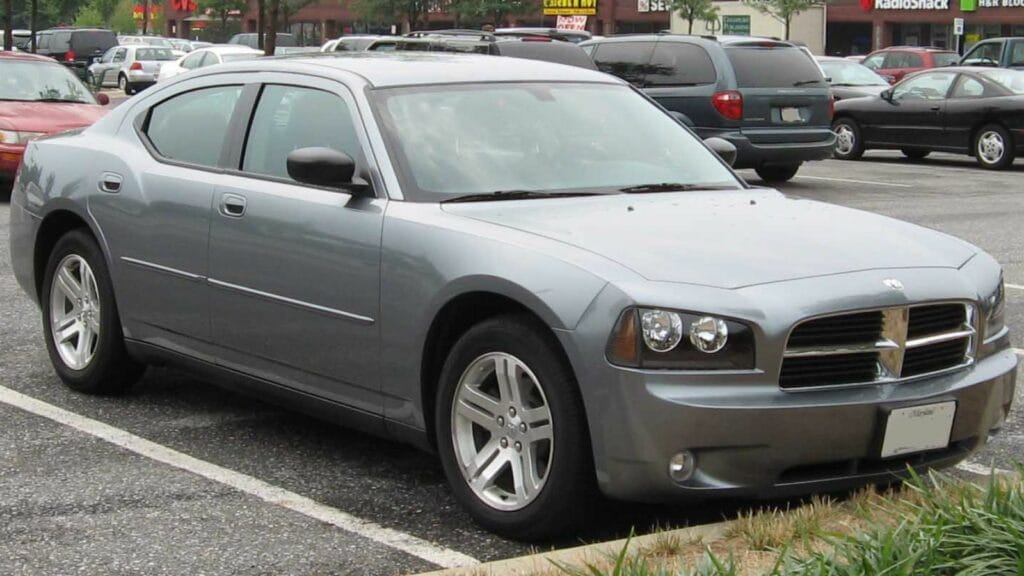Depreciation is part of car ownership, but some vehicles lose value much faster than others. For a few models, resale drops so rapidly it feels like they are losing money by the day. Whether it’s due to reliability concerns, oversupply, rapid changes in technology, or a shift in consumer tastes, these cars have turned into resale nightmares. Here’s a deeper look at twelve vehicles currently shedding value at a rapid pace.
Tesla Model S
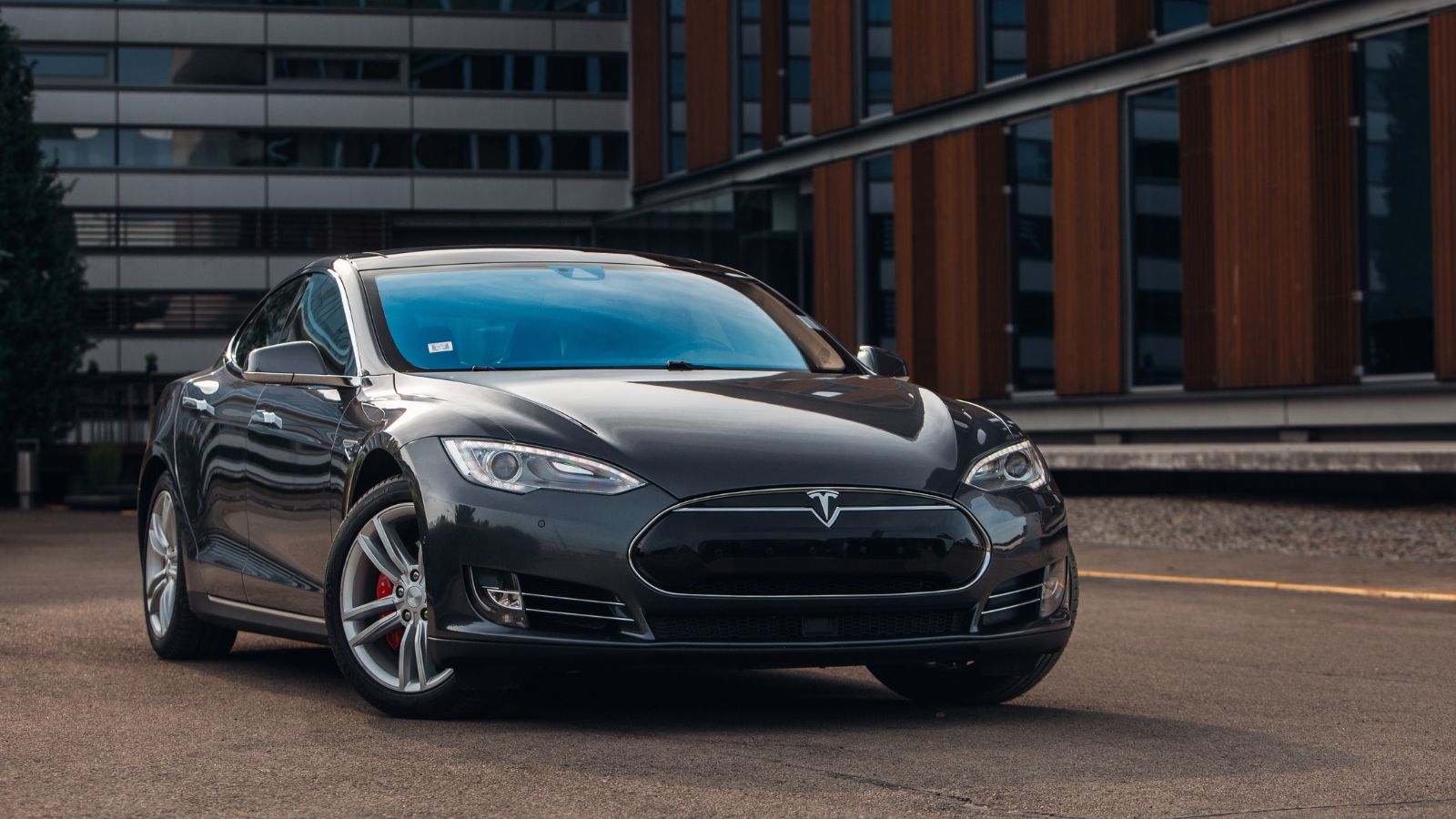
The Tesla Model S once stood as the gold standard of luxury electric cars, commanding attention as one of the first long range EVs capable of competing with high end German sedans. Today, it is suffering from rapid depreciation. New competition from Mercedes EQS, BMW i7, and Lucid Air has made older Teslas look outdated, and Tesla’s own strategy of cutting prices on new models has hammered used values. Owners who paid close to six figures for a Model S just a few years ago are finding their cars worth less than half that amount. Add in expensive repairs outside warranty and uncertainty about long term battery life, and resale prices are falling fast with no sign of slowing.
Nissan Leaf
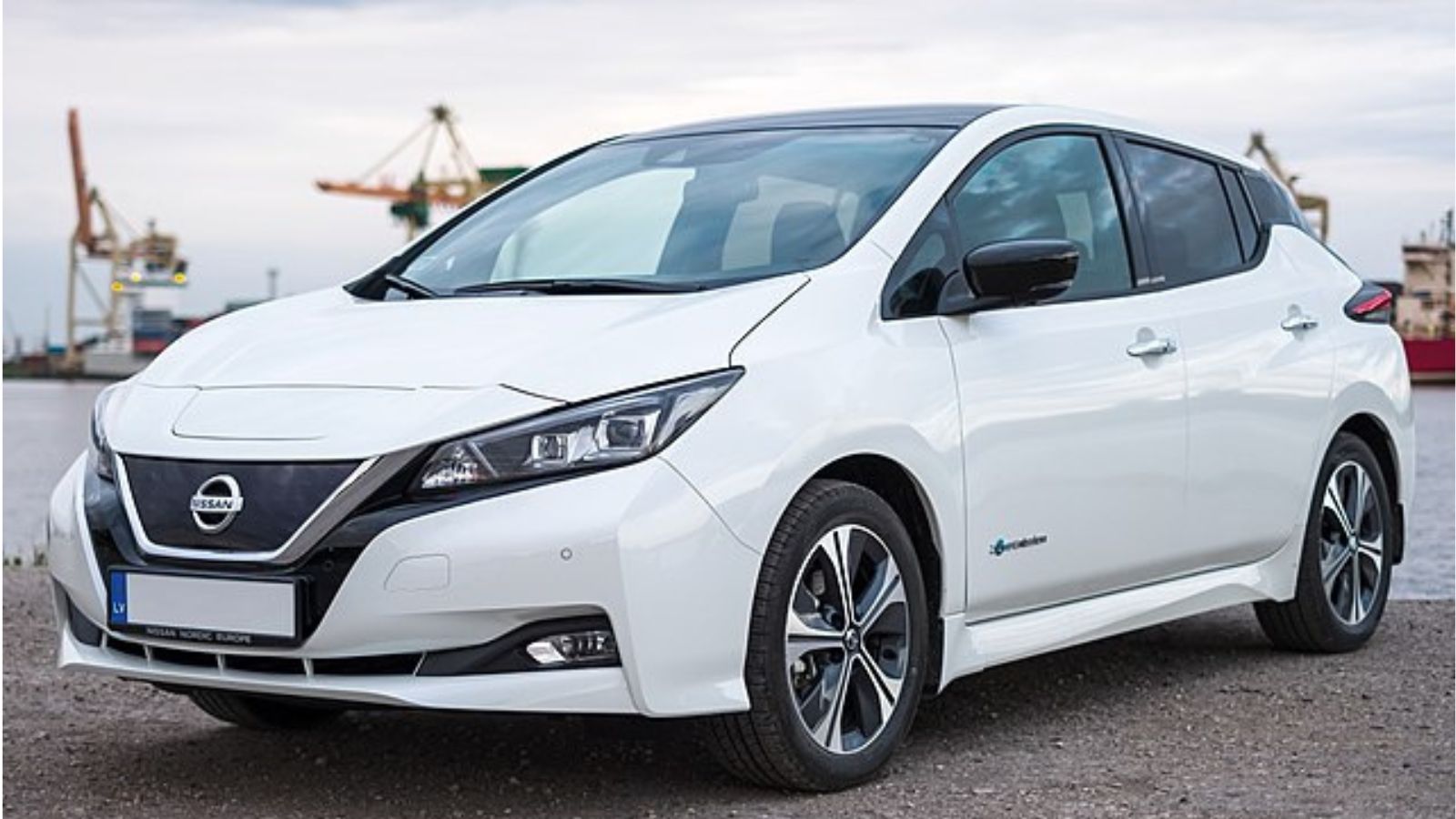
The Nissan Leaf was a pioneer in the affordable EV market, but it has become one of the hardest cars to sell on the used market. Early Leafs had limited ranges of around 70 to 90 miles, making them impractical today when most EVs exceed 250 miles on a charge. Replacement batteries are costly, and many used examples have significant range degradation, which scares off potential buyers. As a result, the Leaf is now one of the most heavily discounted used EVs. Even newer models with improved range lose value quickly as buyers flock to more modern rivals.
BMW 7 Series
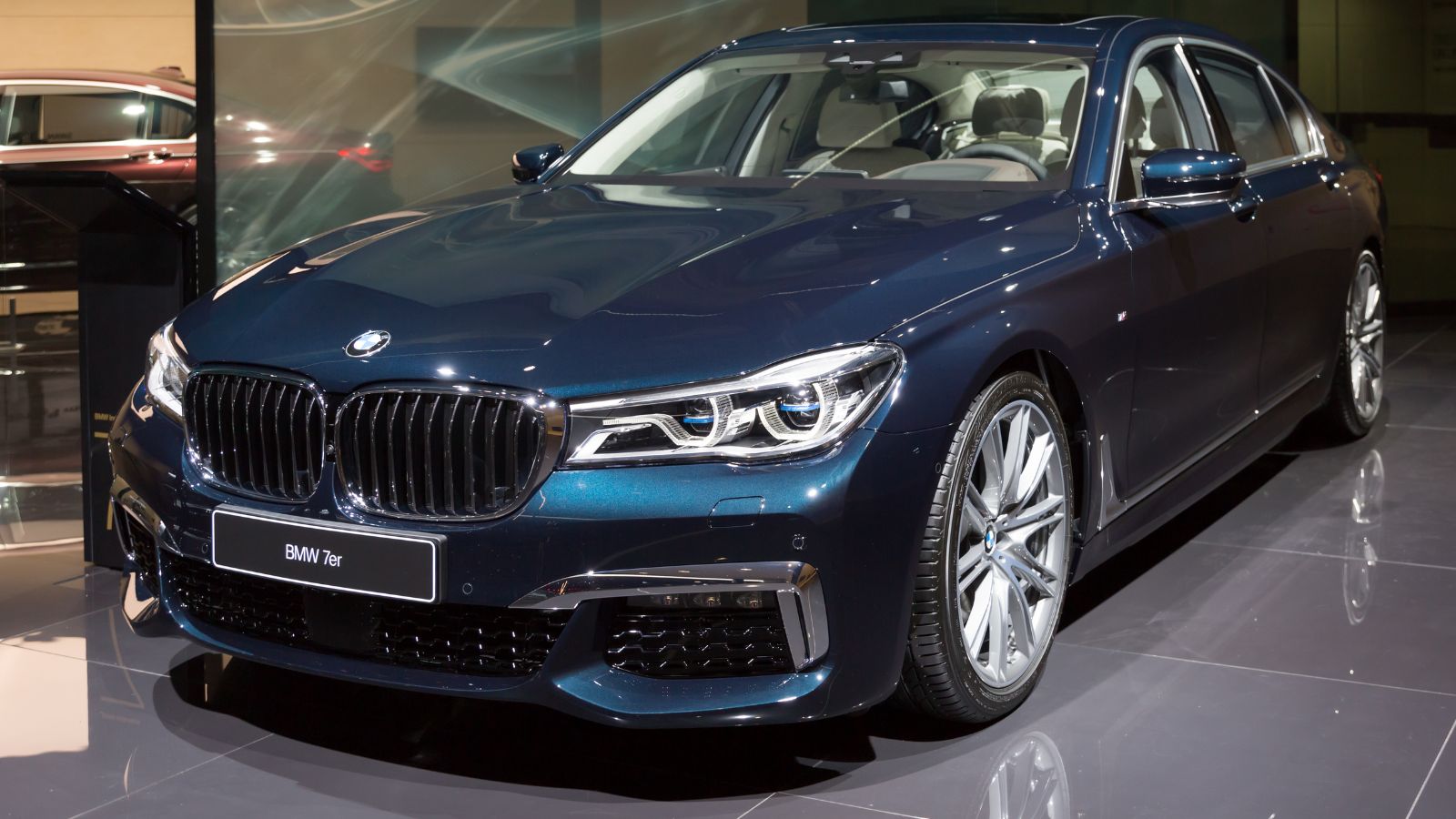
The BMW 7 Series has long been the flagship of the brand, but its value drops faster than many rivals. Large sedans in general are struggling in a market dominated by SUVs, and the 7 Series is no exception. Buyers also know that complex electronics, advanced suspensions, and powerful turbocharged engines can result in staggering repair bills once warranties expire. This fear drives down demand on the used market, even though the car itself offers world class comfort and performance. For those who want luxury without worrying about resale, the 7 Series can be a bargain, but owners who bought new are often shocked at how quickly their investment disappears.
Jaguar XF
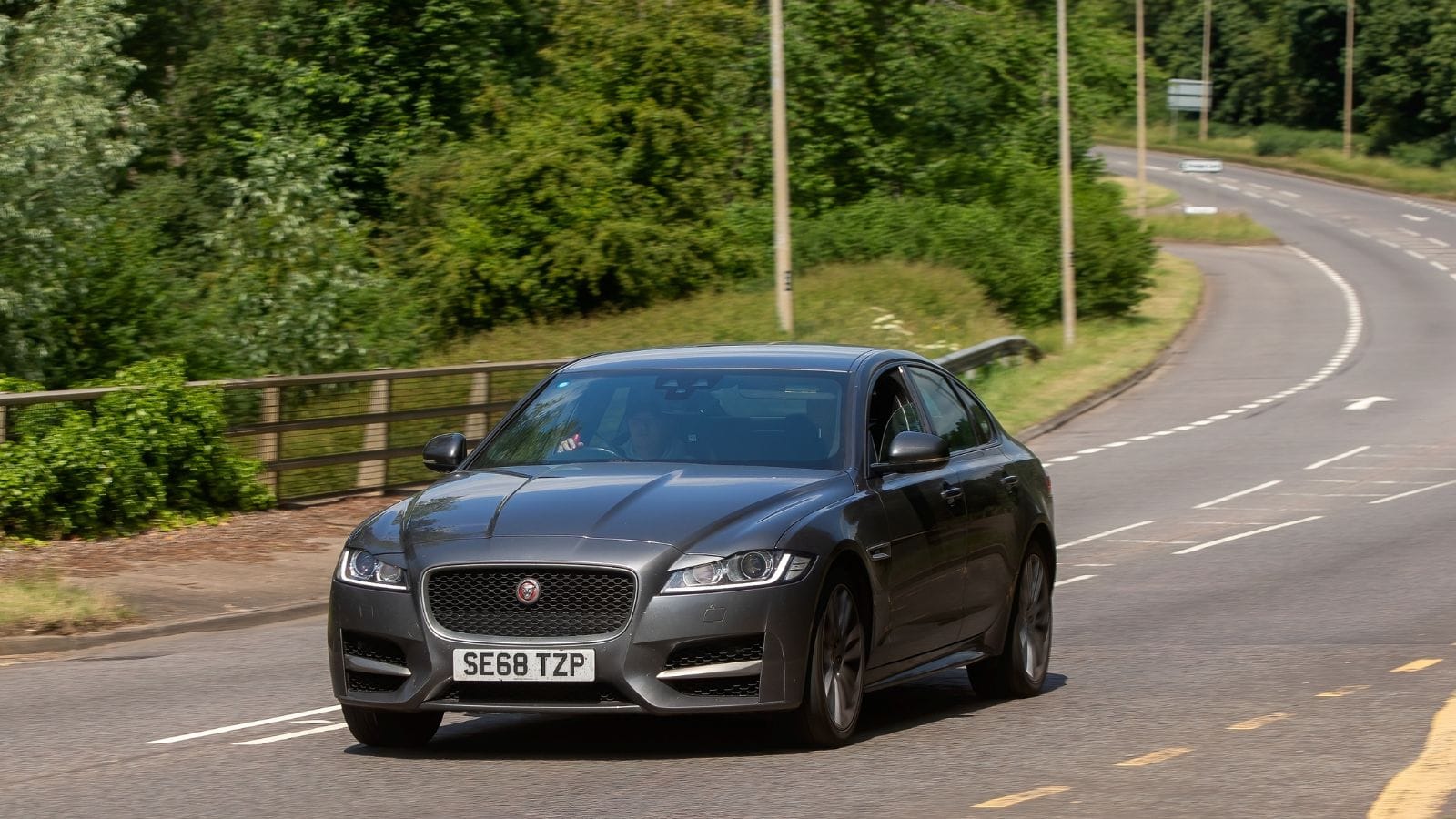
The Jaguar XF entered the market as a stylish alternative to German sedans, but its reputation for reliability issues has crippled resale values. Used buyers are often hesitant to gamble on a car that could present big maintenance headaches. Dealers have struggled to move them, and even clean, low mileage examples sit on lots far longer than competitors. The lack of a robust dealer network in some regions makes ownership even less appealing, driving depreciation further. While the XF has elegant styling and a premium feel, its reputation ensures values continue to slide faster than most of its rivals.
Chevrolet Bolt EV
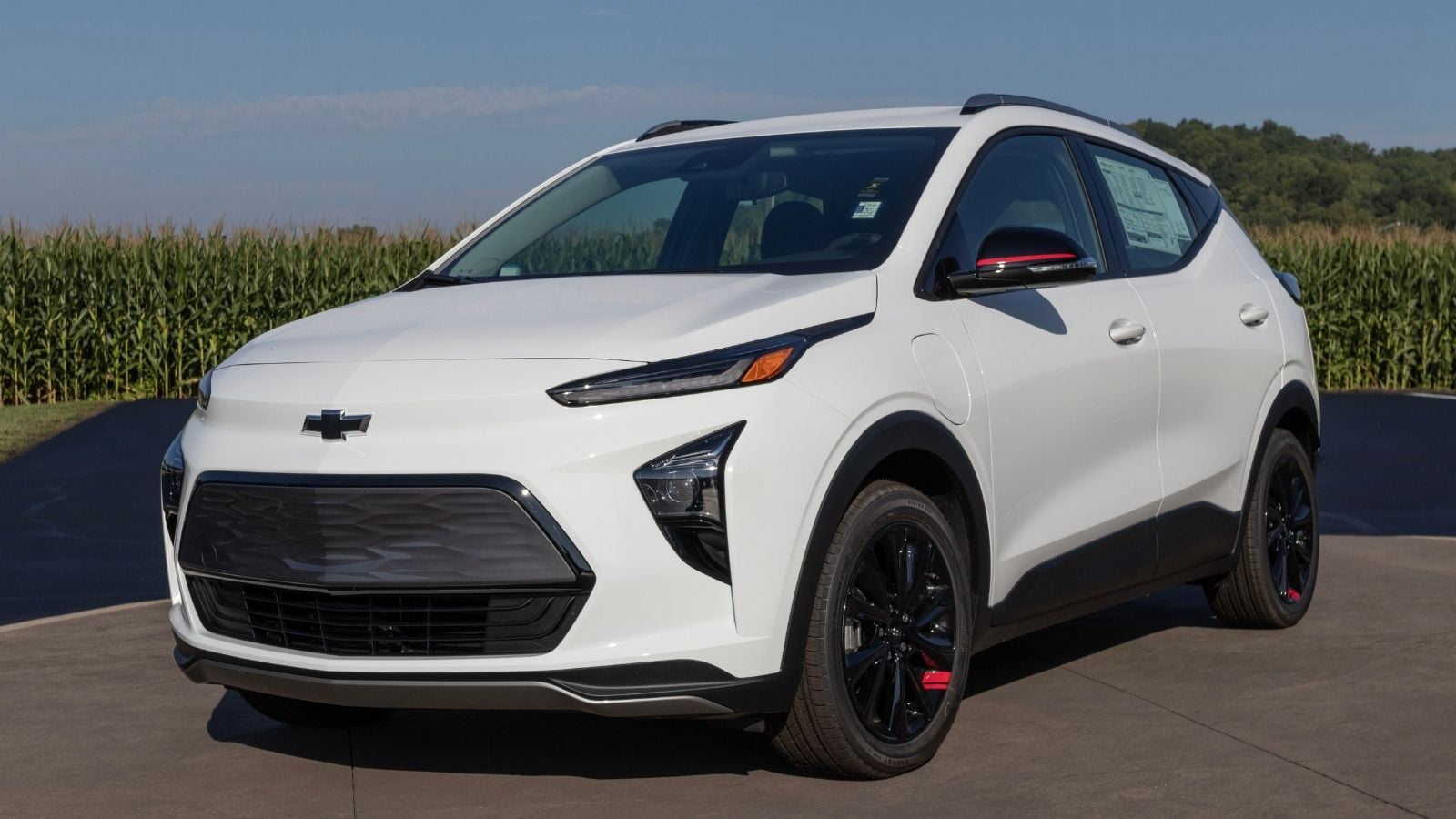
The Chevrolet Bolt EV was supposed to be GM’s answer to Tesla, offering affordable electric driving with decent range. Unfortunately, battery recall issues severely damaged its reputation, and buyers are cautious about used examples. GM has shifted focus to its Ultium platform, leaving the Bolt looking like yesterday’s news. This transition has crushed used values, with some cars losing more than half their worth in just a few years. While it remains an efficient commuter, its place in the market is fading fast, and prices reflect that reality.
Maserati Ghibli
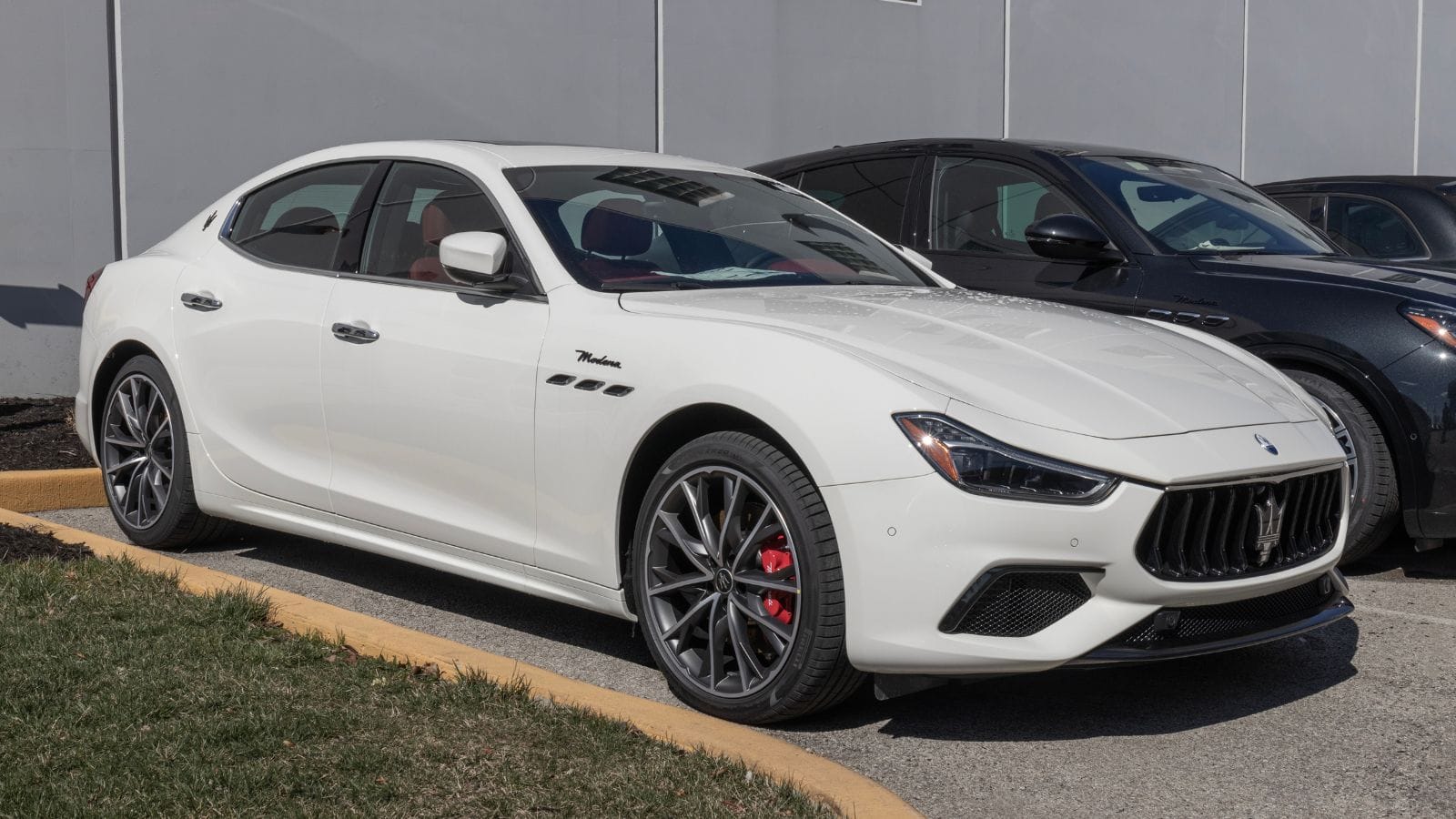
The Maserati Ghibli was marketed as an attainable Italian luxury sedan, but it has failed to deliver on long term value. Depreciation is brutal, and owners often see tens of thousands vanish from resale value within a short period. Reliability concerns, high maintenance costs, and the fact that the Ghibli lacks the refinement of German competitors all contribute to its downfall. Buyers may be lured in by the trident badge, but most learn quickly that resale is poor and upkeep is expensive. The result is one of the steepest depreciation curves in the luxury segment.
Chrysler 300
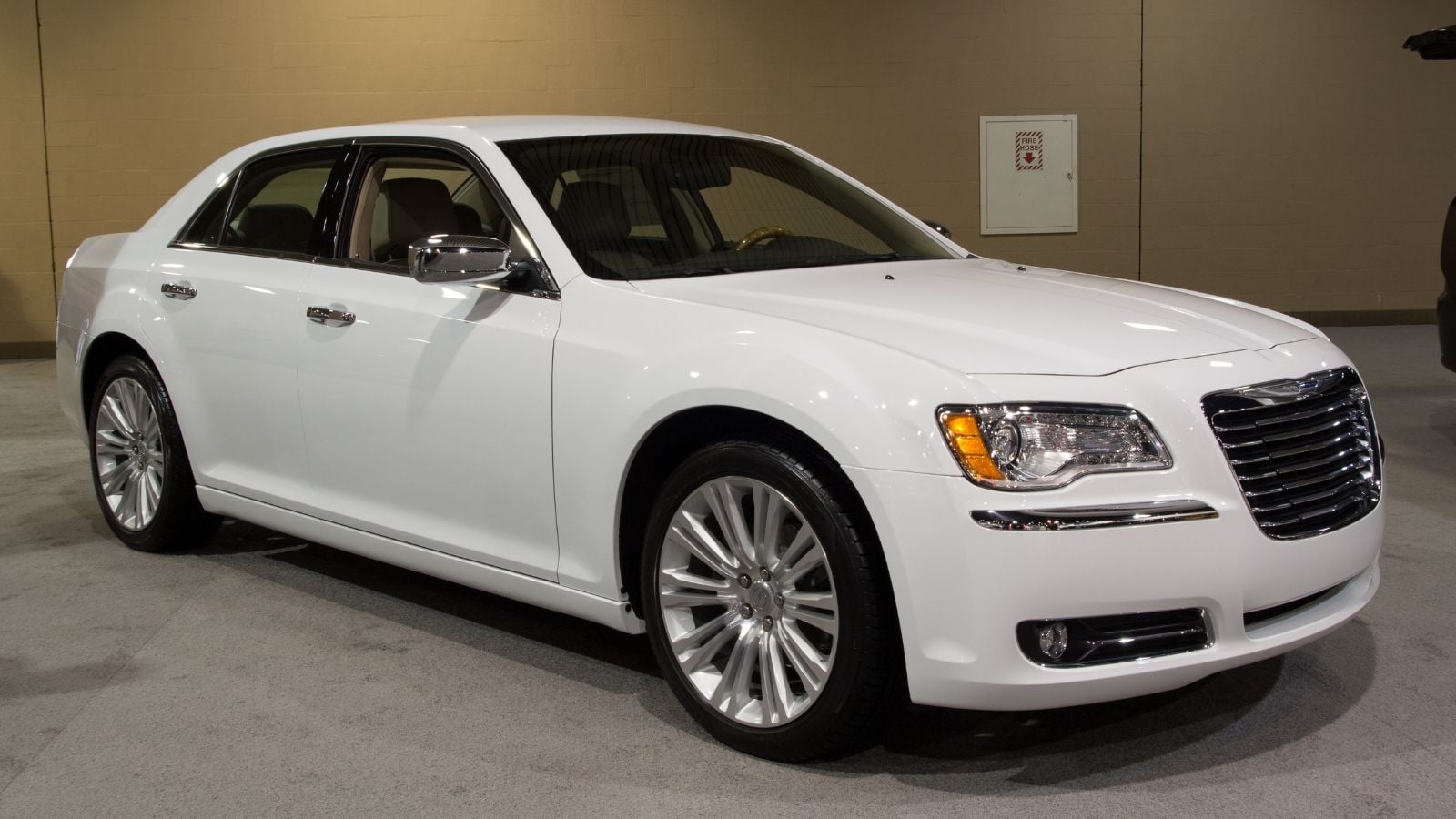
The Chrysler 300 once stood out as a bold, American full size sedan with muscle car undertones. However, its dated platform and lack of recent innovation have left it behind in a market where SUVs dominate. Chrysler itself has shifted focus toward electrification, which has further reduced interest in the 300. Used buyers are avoiding it, knowing that its time in the spotlight is long past. Even well kept examples with low miles are selling for far less than owners expect, making it a classic case of a model losing value daily.
Mercedes Benz S Class
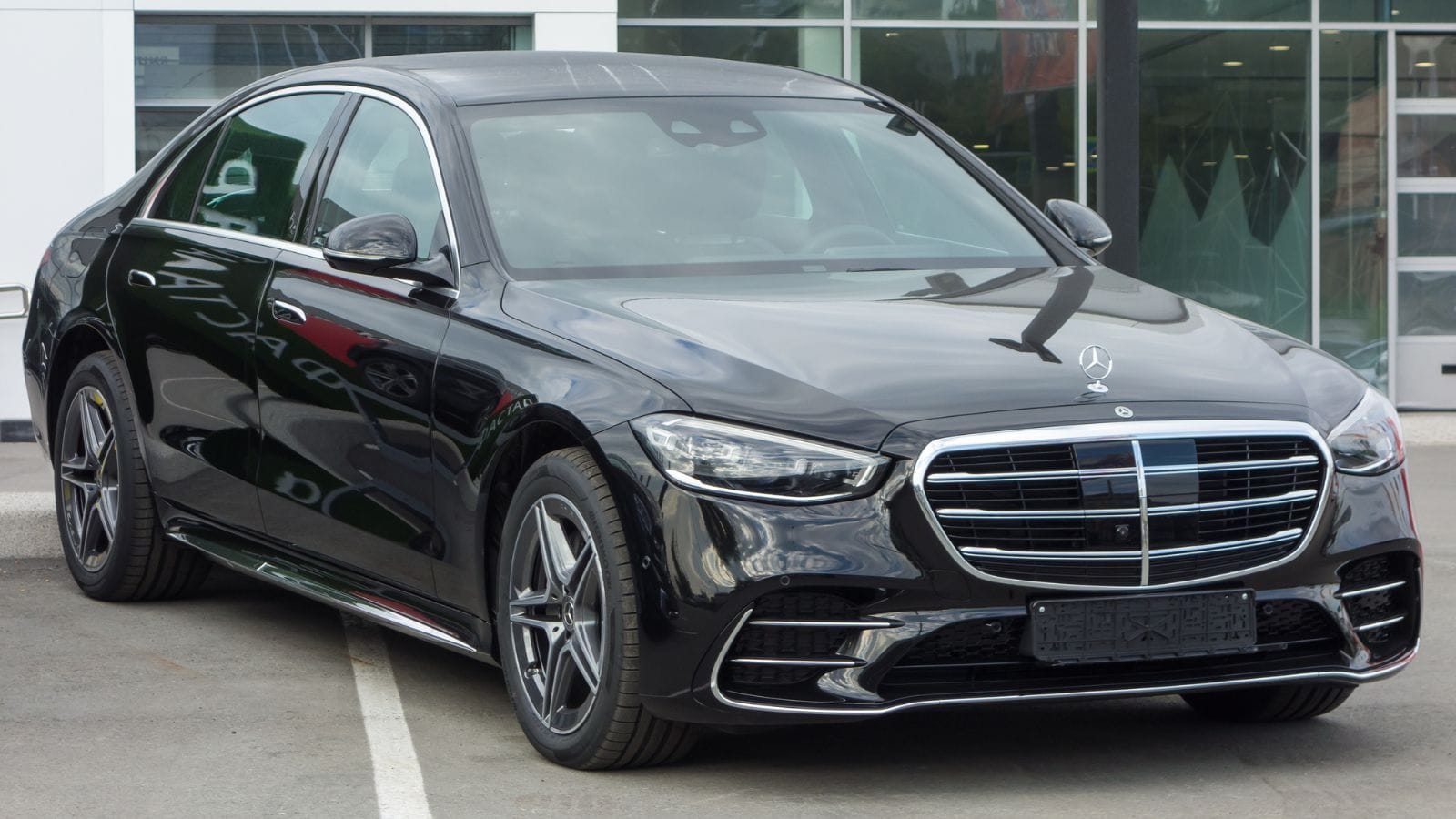
The Mercedes S Class remains the benchmark for luxury, but its resale value has taken a beating. Buyers know that technology moves quickly, and each new generation of S Class makes the previous one look outdated. Combined with maintenance costs that can rival the price of a used compact car, resale drops dramatically. Owners who paid over $100,000 for a new S Class are often shocked to see their cars worth less than half of that after only a few years. For used buyers, this is an opportunity, but for owners it is a painful reality.
Infiniti QX80
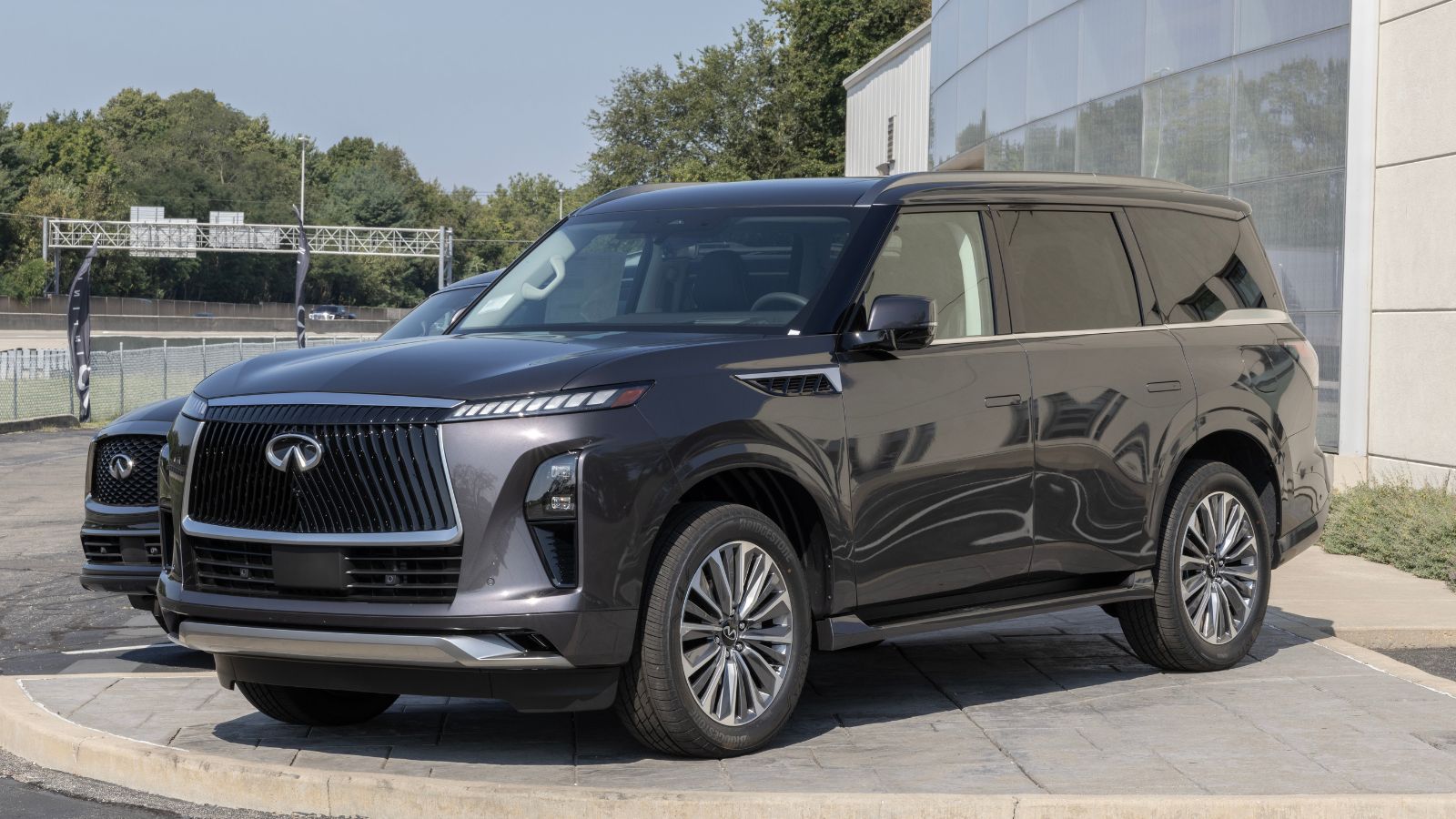
Full size luxury SUVs often hold value well, but the Infiniti QX80 is a notable exception. Its dated styling and lack of innovation compared to newer rivals like the Cadillac Escalade and Lincoln Navigator make it less desirable. Buyers know it is essentially a dressed up Nissan Armada, which undercuts its luxury appeal. As demand wanes, depreciation has accelerated, and resale values have collapsed. It may still offer a powerful V8 and plenty of space, but its resale market is shrinking rapidly.
Audi A8
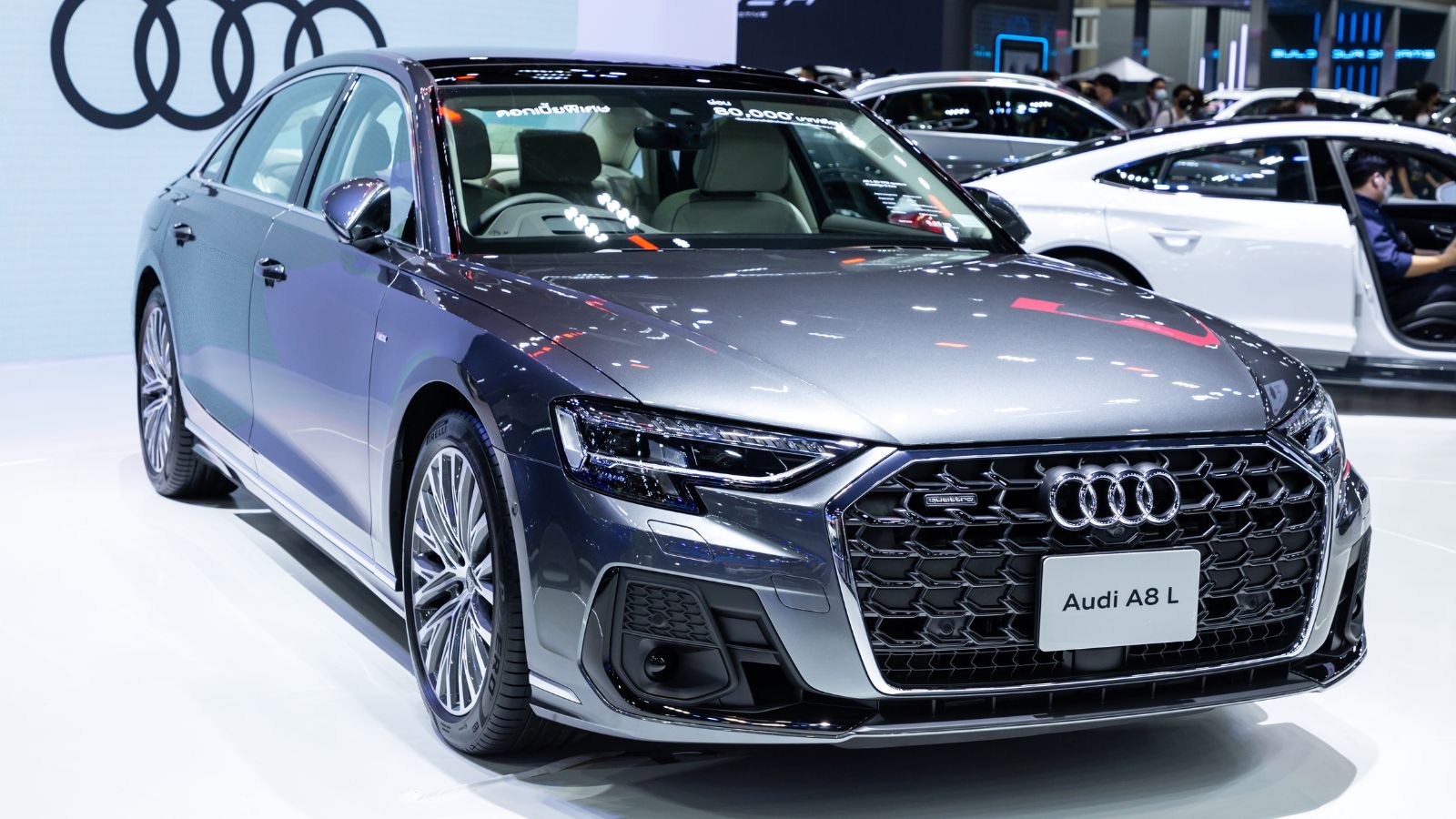
The Audi A8 has all the hallmarks of a flagship luxury sedan—refinement, technology, and presence—but buyers are no longer lining up for large sedans. Like its German counterparts, it suffers from rapid depreciation due to high ownership costs and falling demand. Buyers who can afford a new A8 often want the latest model, leaving used examples to depreciate heavily. Even lightly used A8s with impressive features can sell for a fraction of their original price, making it one of the least financially rewarding cars to own.
Dodge Charger
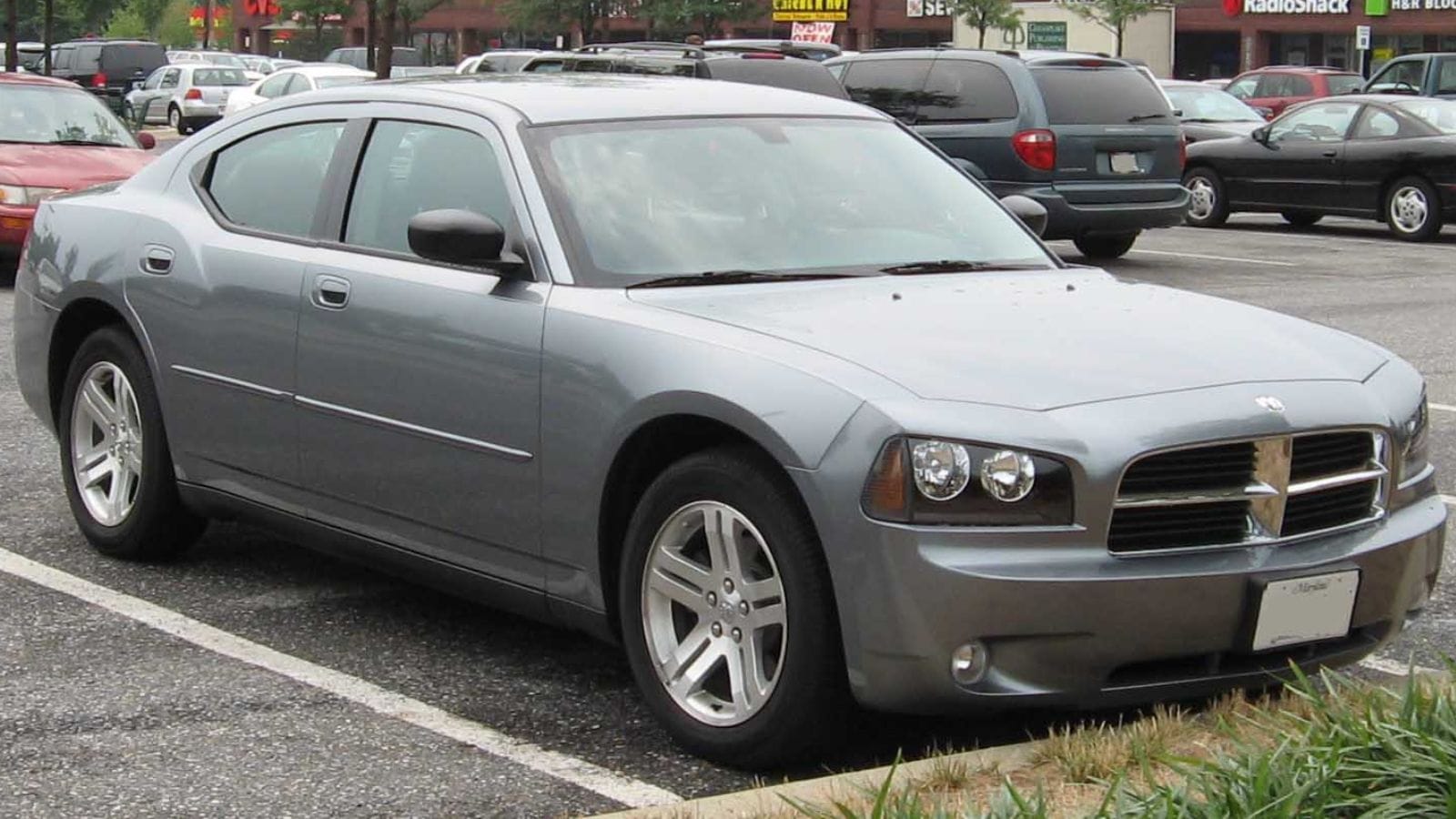
The Dodge Charger has been an icon of American muscle, but as Dodge pivots toward electrification, the resale value of gas powered Chargers is dropping fast. Buyers know the end is near for big V8 sedans, and mainstream trims are already depreciating steeply. Only rare and special editions are likely to hold collector value, while standard models are quickly losing ground. This makes the Charger a risky investment for anyone hoping for long term value.
Cadillac CT6
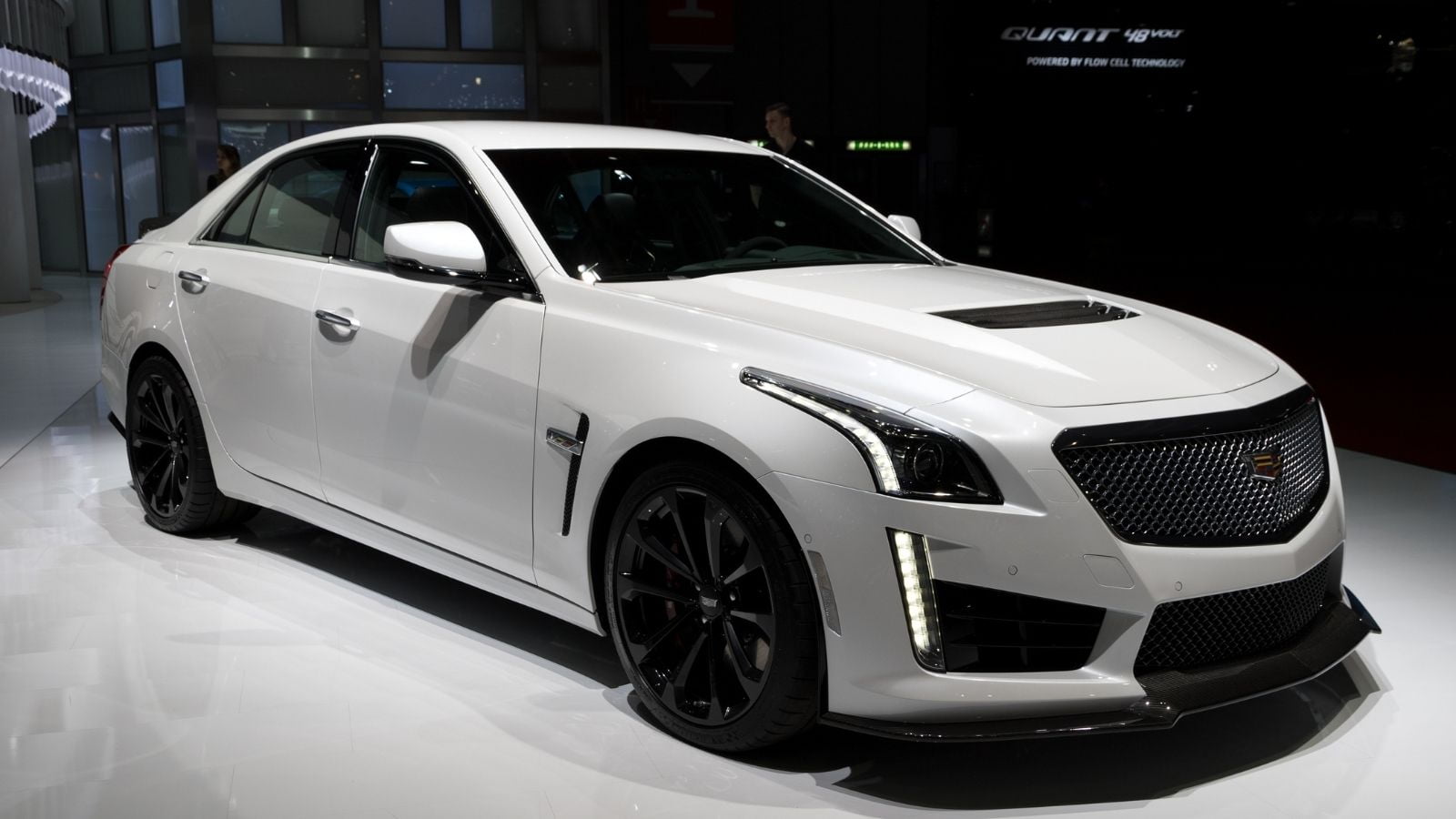
The Cadillac CT6 was supposed to reestablish Cadillac in the full size luxury sedan market, but it never quite captured buyers. Its discontinuation sealed its fate, leaving owners with a car that has no future support. This has tanked resale values, as buyers avoid models with uncertain parts availability and limited desirability. While the CT6 had strong technology and comfort, it is quickly becoming one of the fastest depreciating American sedans.
Evaporating Values
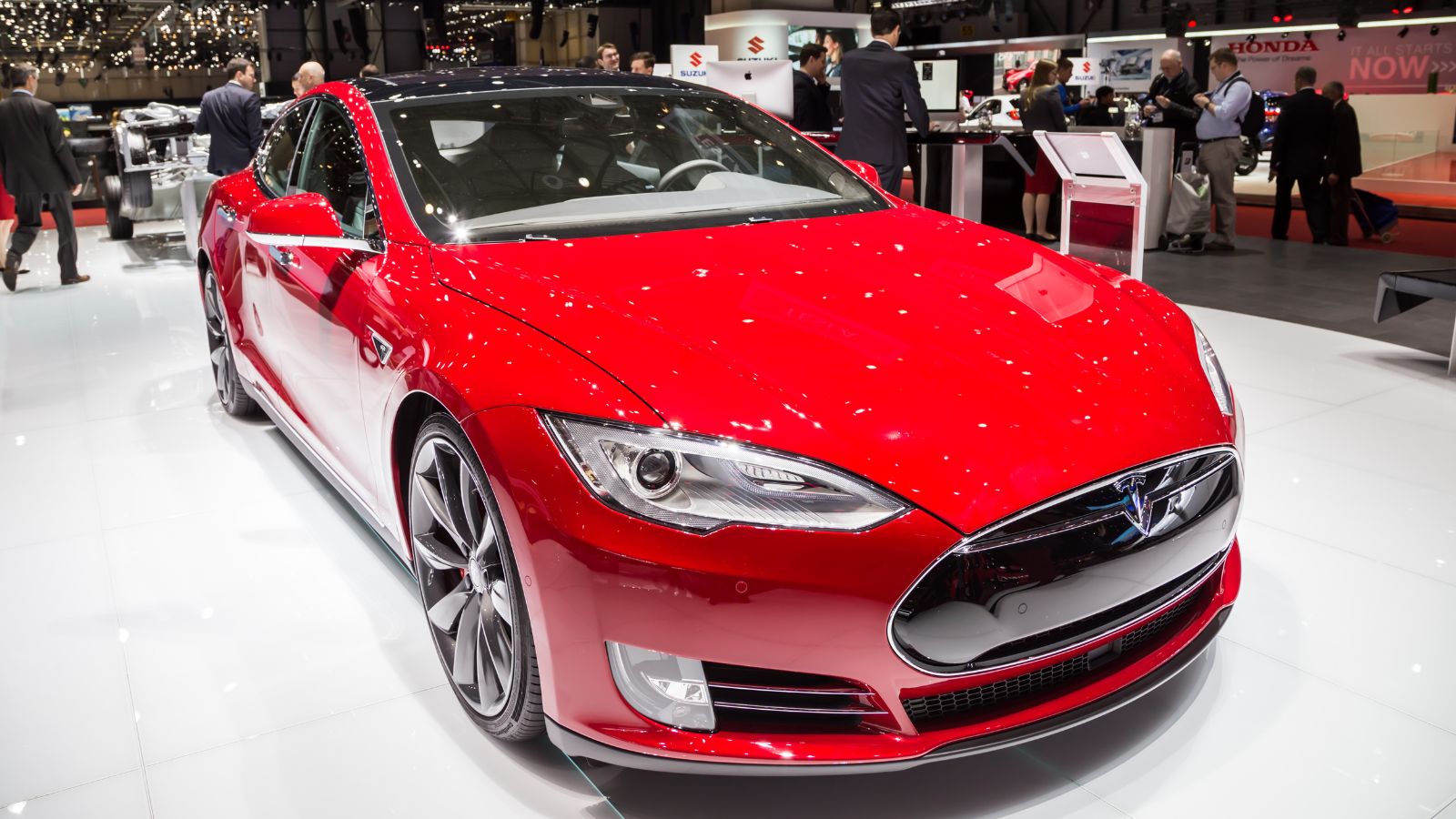
Depreciation is inevitable, but these twelve models stand out because their value falls faster than most. Some, like the Tesla Model S and Nissan Leaf, are victims of rapidly changing EV technology. Others, like the Jaguar XF and Maserati Ghibli, suffer from reliability and reputation. Big sedans like the BMW 7 Series and Audi A8 face dwindling demand, while once proud American models like the Charger and 300 are fading into irrelevance. For buyers, these cars may present cheap thrills on the used market, but for owners trying to sell, they are painful reminders of how quickly automotive value can evaporate.
25 Facts About Car Loans That Most Drivers Don’t Realize

Car loans are one of the most common ways people fund car purchases. Like any other kind of loan, car loans can have certain features that can be regarded as an advantage or a disadvantage to the borrower. Understanding all essential facts about car loans and how they work to ensure that you get the best deal for your financial situation is essential. Here are 25 shocking facts about car loans that most drivers don’t realize:
25 Facts About Car Loans That Most Drivers Don’t Realize
